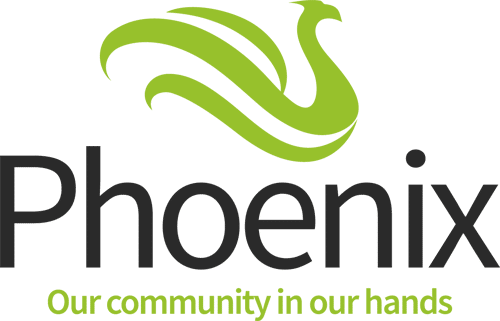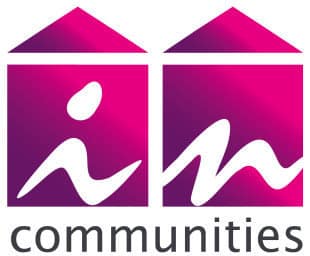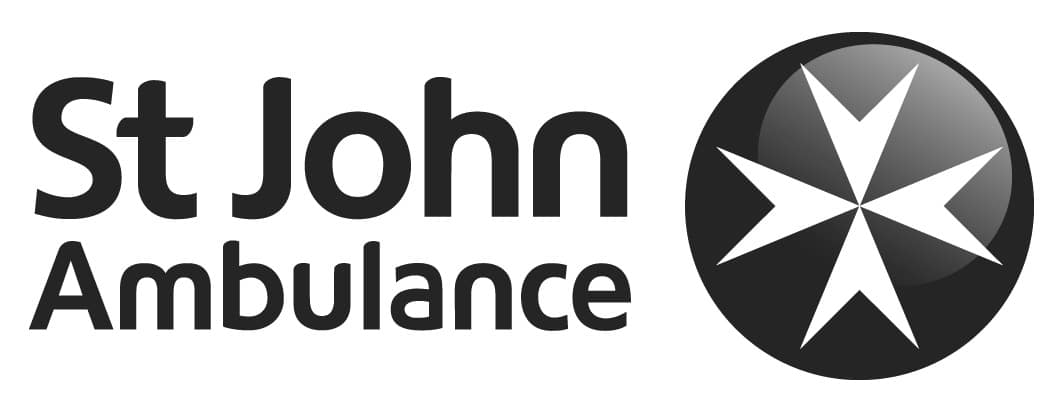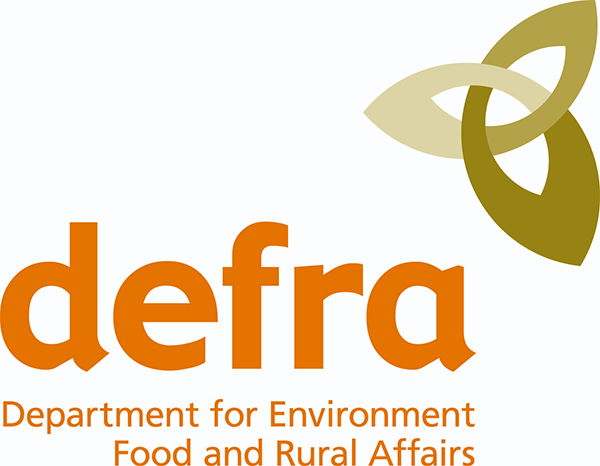Process Optimisation

Work smarter, not harder
Process Optimisation is all about making your organisational workflows smarter, faster, and more efficient. It means taking a close look at how things currently work, spotting any bottlenecks or unnecessary steps, and then improving them so your team can get more done with less effort. Optimised processes will reduce costs, increase productivity, and deliver better results consistently. For many organisations it can be difficult to find operational efficiencies whilst simultaneously delivering business as usual. Partnering with specialist Business Analysts means you’ll have clear, practical steps to transform your operations and achieve lasting success.
What are the benefits of Process Optimisation?
By streamlining processes, eliminating waste, and introducing automation where it makes sense, organisations not only save time but also improve employee satisfaction and customer experience. The best part? It’s an ongoing journey focused on continuous improvement, helping your business stay agile and ready to tackle new challenges.
It’s been a pleasure to work with Nine Feet Tall. I am impressed at the way in which they build strong relationships with our staff, and the way they so enthusiastically embraced our internal culture at Phoenix. That meant rather than just a group of consultants coming briefly into the business, it felt like we had a new, high performing internal team.
David Westworth
Director of Customer Services,
Phoenix Housing

Using the right tools for Process Optimisation
Determining the right tools for the job largely depends on your organisation’s objectives and specific needs. At Nine Feet Tall our Business Analysts are experienced in all Process Mapping tools and models.
Process Improvement
SIPOC
Sequencing and Responsibility
Swim Lanes
Problem Identification
Rich Pictures
User Interaction
Use Cases
How we work with you
We would firstly understand your bespoke needs and objectives before moving into Process Design. We would collaborate with you to create a process map which outlines how you currently operate to achieve certain outcomes and provide a visual representation of this. Creating a gap-analysis and change impact assessments helps then define the onward journey to your future state. We will listen to you and highlight pain points whilst identifying areas for improvement, optimisation and enhancement. With all areas of optimisation, we would encourage data driven decisions for process enhancements and re-design.
Nine Feet Tall’s Process Optimisation Methodology
We have our own methodology for delivery which we can apply and adapt as required. Our consultants use Agile approaches to deliver benefits and outcomes, tailoring their approach to meet your unique needs.
We can conduct a Process Maturity Assessment, assessing your maturity against best practice approaches
We will define the right process tools for your bespoke needs
A Design Process Model will then drive consistent and high value process improvement activity
We will conduct a High-Level Evaluation to identify opportunities for re-engineering and how these would be best approached
Together we will pilot, review and refine for your future roadmap
All the while we will build capability with your internal stakeholders to ensure your optimised journey continues
Got a Question?
Get in touch today, book your free consultation using the button below.
Latest Thoughts
Frequently Asked Questions
Process redesign is about identifying inefficiencies, eliminating unnecessary steps, and creating streamlined workflows. For charities, this means optimising operational strategies to maximise impact. By cutting out the excess and streamlining workflows, charities can respond swiftly to community needs and make the most of their resources.
Embracing change is key. Although daunting, it’s necessary for progress. Involving stakeholders, including team members, donors, and beneficiaries, in the redesign process ensures valuable insights and buy-in for successful implementation. Additionally, continuous improvement is vital; process redesign is an ongoing journey that requires regular evaluation and refinement.
An operating model defines how an organisation creates value through its processes, technologies, and people. It is crucial for modern businesses because it enables agility, supports digital transformation, and aligns strategy with execution, helping organisations stay competitive in a rapidly changing environment.
Ready to take the first step?
Book a 1:1 consultation with our Process Optimisation specialists today.













